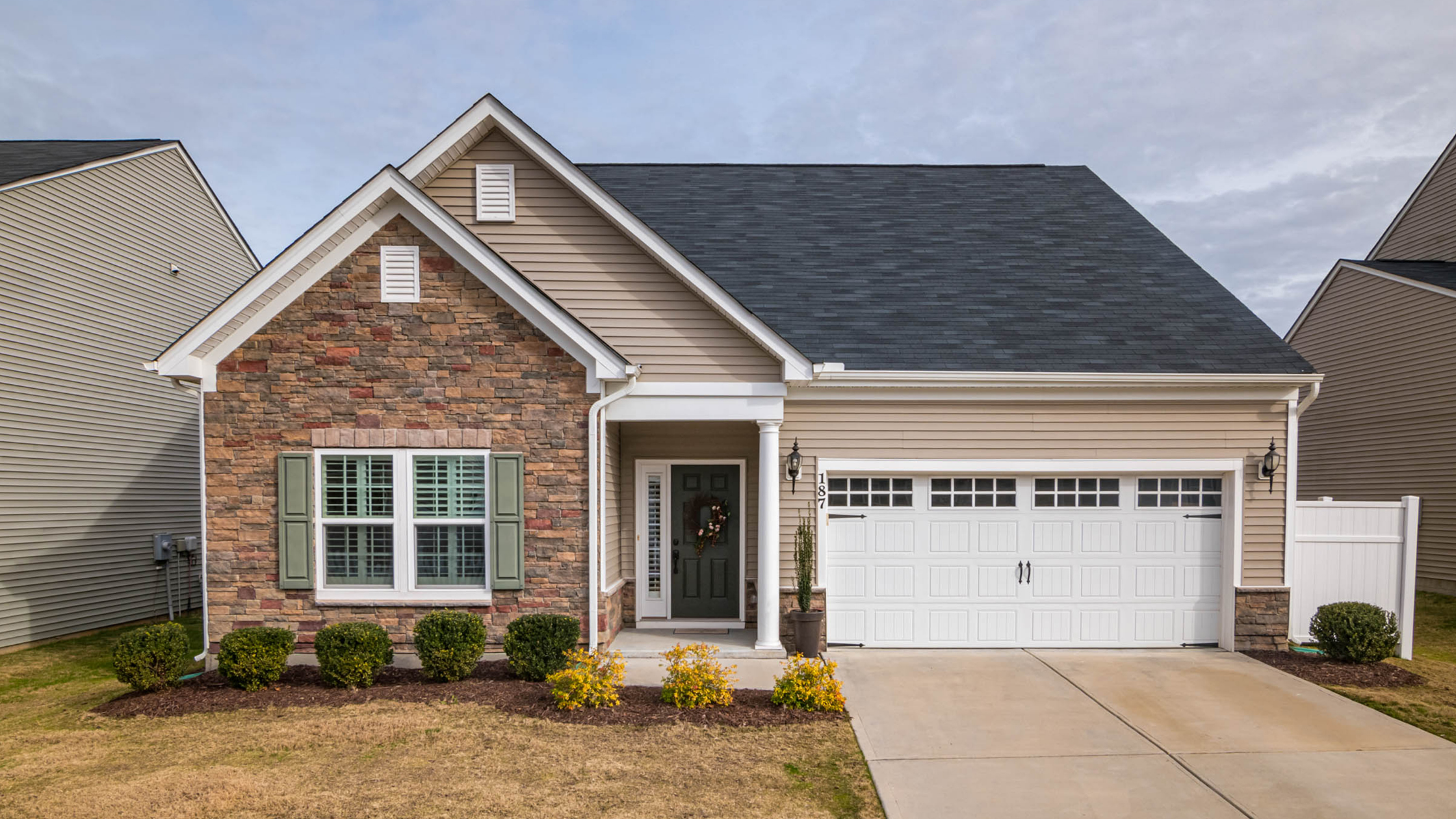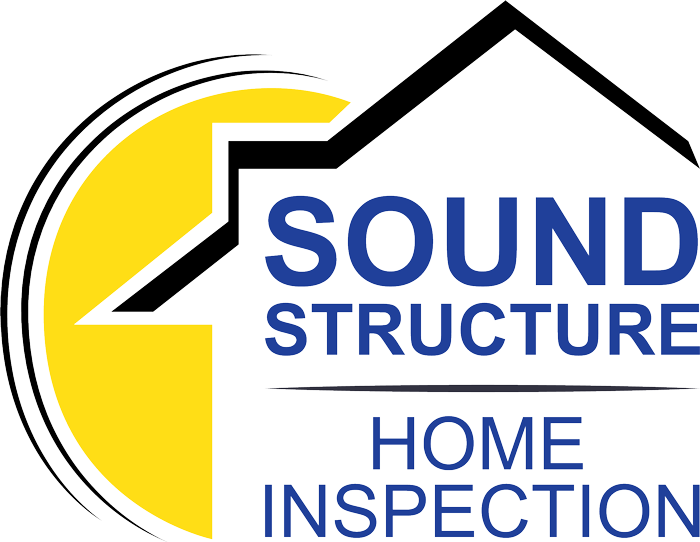
Buying a home can be a stressful and exciting time. Once you have gone through the process of near endless house hunting you may be tempted to skip the home inspection. However, many homes that look aesthetic on the surface could be hiding a whole host of problems underneath. Whether it’s a brand new build or a fixer-upper, getting a home inspection is one of the most important processes a new homeowner will undergo. Below we’ve detailed some of the most common issues uncovered during a home inspection.
1. Ground sloping, Drainage and Foundation Flaw
Improper grading can lead to many structural and drainage issues. Water needs to drain away from your home. If there isn’t proper drainage, it could cause cracks in the settlement, create dampness in the crawlspace, or result in an unstable foundation.
Aside from drainage and water-related issues, home inspectors should look for other issues with the foundation. Homes built on land with clay content have the potential to shift up to two inches per season. Home inspectors will look for cracks in the foundation which could be a sign of framing problems. They will also check for doors and windows that will not close and leaks in the basement.
2. Water Damage
Water can be a home’s biggest enemy. A house’s essential function is to shield against the elements and the aftereffects of that may start to show. A home inspection expert can determine whether it’s an older issue that has been resolved or if it is a current problem that needs to be addressed.
Home inspectors will search for visual signs of water damage such as water stains, damaged finishes, rust and possibly mold. They can also test areas with a moisture meter to detect invisible signs.
3. Faulty Wiring
Each year, approximately 51,000 home fires are started because of electrical problems. Older homes have less electrical outlets than modern homes and it may be common to see extension cords running from room to room. This can put a burden on the electrical system. Both modern and older homes alike can have exposed wires and are susceptible to physical damage, plus can be a fire hazard. Home inspectors review a home’s electrical system to ensure everything looks safe. Any electrical problems uncovered by your home inspector should be handled by an electrician.
4. Roof Issues
As a home ages, so does the material that makes up the roof. Houses are very susceptible to roof damage, especially homes that are ten or more years old. Homes located in geographic locations with harsher weather (i.e. hot temperatures, frequent snowstorms, tropical storms) are more likely to need roof repairs.
Home inspectors will check to see if roofing materials are in good condition, if they are installed correctly and check for signs of damage. Roofing can be a costly repair, so it is important to ensure your home inspector gives you a full assessment.
5. Plumbing Problems
Plumbing issues and leaky pipes can be a problem if found during a home inspection. These issues can be easy fixes, such as leaky faucets or low water pressure. But occasionally, larger issues are uncovered that require a bigger fix. For example, if a hidden leak is left unrepaired, it could cause mold to spread throughout the home. Your home inspector may also discover a cross-connection issue, where another water source is contaminating household water, or a need to replace pipes.
At Sound Structure we feel that a home inspector should have extensive construction and trade background before moving into inspections. We have twenty years of construction, maintenance management and HVAC experience before we opened in Florida in 2000. After 5000 inspections, we are now located in Georgia. We take our time in performing the inspection, explaining our findings to the customer and preparing your report.
